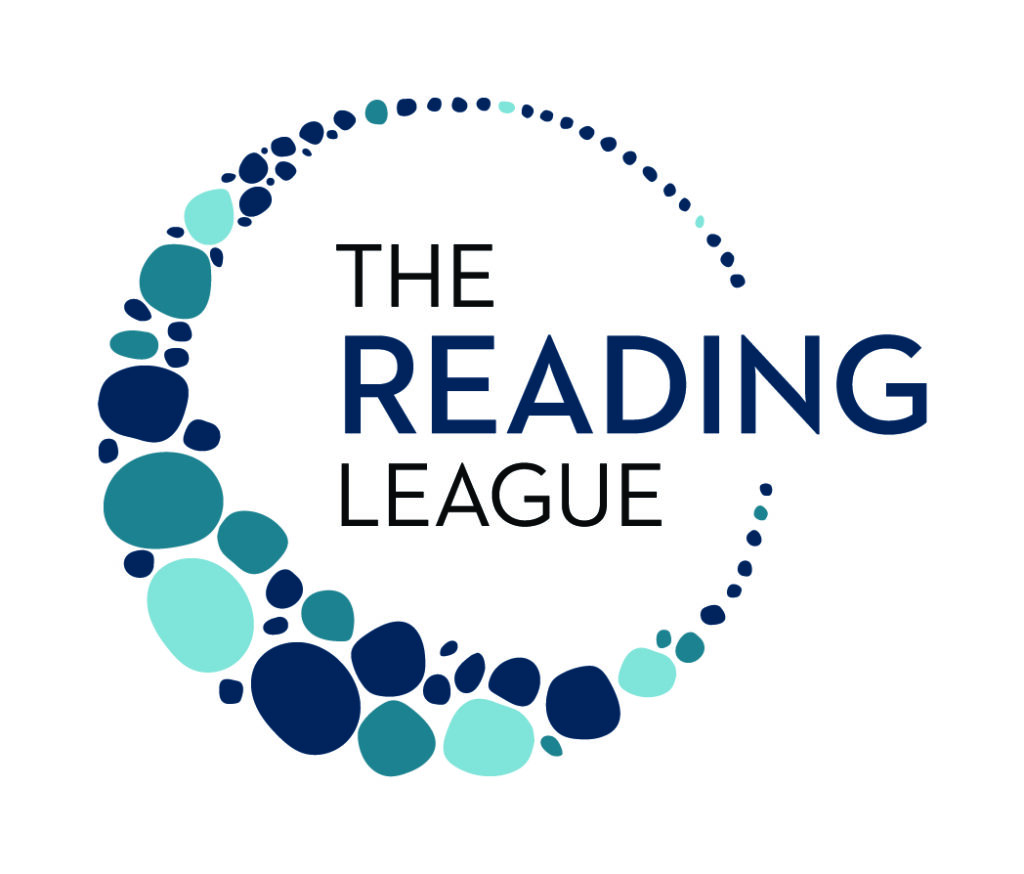The Reading League Compass provides direction to curated content, downloadable materials, resources, videos, podcasts, articles, and connections to specific stakeholders at the classroom, district, and state levels to align classroom practice with the science of reading

SYRACUSE, N.Y. (Oct. 3, 2023) — The Reading League (TRL), a nonprofit organization with a mission to advance the awareness, understanding, and use of evidence-aligned reading instruction, today introduced The Reading League Compass at its 7th Annual Conference. The Reading League Compass is a comprehensive platform designed to provide direction to stakeholders and decision makers so they can make informed decisions about the science of reading.
While more than half the states in the U.S. have passed legislation related to the science of reading or evidence-aligned reading instruction, the reading marketplace is full of misinformation that makes educators, educational leaders, and decision-makers vulnerable to implementing practices and buying programs that are somehow labeled as “science of reading,” when in fact they are not aligned with the scientific evidence base.
“The science of reading is a topic of discussion among influential education decision-makers,” said Kari Kurto, TRL’s national science of reading project director. “The Reading League Compass is the most comprehensive national-scale resource to provide direction for decision-makers aiming to maximize the efficacy of policy, guidance, and systems designed to support evidence-aligned reading instruction.”
Since its inception, TRL has established itself as a prominent authority in the realm of reading science. The organization has notably published its Science of Reading: Defining Guide, a comprehensive, no-cost document delineating a precise definition of the science of reading that more than 55,000 users have consulted by downloading or purchasing a hard copy. Leveraging the popularity of this publication, along with other cost-free resources from TRL, The Reading League Compass offers curated content, downloadable materials, resources, videos, podcasts, articles, and connections to various organizations, all aimed at equipping stakeholders with a clear roadmap for achieving success.
“Teachers are working hard to get the science of reading into classrooms,” said Dr. Maria Murray, president and CEO of TRL. “They need the support of the stakeholders whose decisions impact their work to ensure that their efforts are not compromised by a misunderstanding of the science. The Reading League Compass is the ‘go-to’ source for trusted information and resources.”
Stakeholder groups served by The Reading League Compass include legislators and state education agencies (SEAs), educator preparation programs (EPPs), administrators and administrator preparation programs, educators and specialists, and those working with English learners and emergent bilingual (EL/EB) students.
- The EPP page within The Reading League Compass offers content designed to be responsive to the specific needs expressed by faculty and leaders from colleges and universities, derived from insights gained through participation in TRL’s Educator Preparation Program community of practice. It includes inspirational narratives from the field, resources for refining syllabi, and model syllabi from a diverse array of EPPs.
- The educator page features a carefully curated collection of guidance and reputable, go-to resources to learn more about the science of reading and the subcomponents of literacy.
- The administrator page furnishes data-driven success stories and an array of resources designed to assist building and district leaders in strategic decision-making related to staffing, instructional materials, assessments, and the establishment of systems that support effective reading instruction.
- The section for policymakers and SEA leaders houses the nation’s largest curated repository of policies, legislation, guidance documents, and other pertinent resources related to the science of reading. This invaluable collection has been compiled through the dedicated efforts of state leaders from nearly all 50 states, each working diligently and strategically to promote positive literacy outcomes on a national scale.
- The English learner and emergent bilingual section showcases videos from TRL’s historic 2023 Summit, an inaugural event that brought together leading experts in the field of reading science, along with advocates and specialists dedicated to EL/EB student support. The EL/EB section serves as the repository for a curated list of reading research on how best to teach English learners and emergent bilingual students.
The 2023 Conference of The Reading League will advance this and other literacy work by providing educators, researchers, and other stakeholders with a deeper understanding of the science of reading and its implications for teaching and learning. The conference features more than 40 breakout sessions, more than 30 vendors, and two keynote speakers.
Emily Hanford will deliver a keynote address entitled How Teaching Kids to Read Went So Wrong, based on her award-winning podcast, Sold a Story, on Wednesday, Oct. 4 from 4-5:30 p.m. ET.
Kareem Weaver’s keynote, Literacy, Liberation, and Love, is on Tuesday, Oct. 3 from 9:30-11 a.m. ET. Weaver’s story was featured in the recently released documentary The Right to Read.
For more information, or to access The Reading League Compass, please visit link thereadingleague.org/compass.
About The Reading League
The Reading League (TRL) is a national education nonprofit led by educators and reading experts dedicated to promoting knowledge to reimagine the future of literacy education and accelerate the global movement toward reading instruction grounded in science. Our purpose is to increase stakeholder knowledge of evidence-aligned approaches to teach reading, as well as research that demystifies how people learn to read. We train and support educators and school leaders. By extension, we also serve numerous other stakeholder groups. We believe that all children deserve to learn to read, and all teachers can learn to teach them.
Press contact:
Jacob Hanson
PRP Group
Jacob@prp.group


